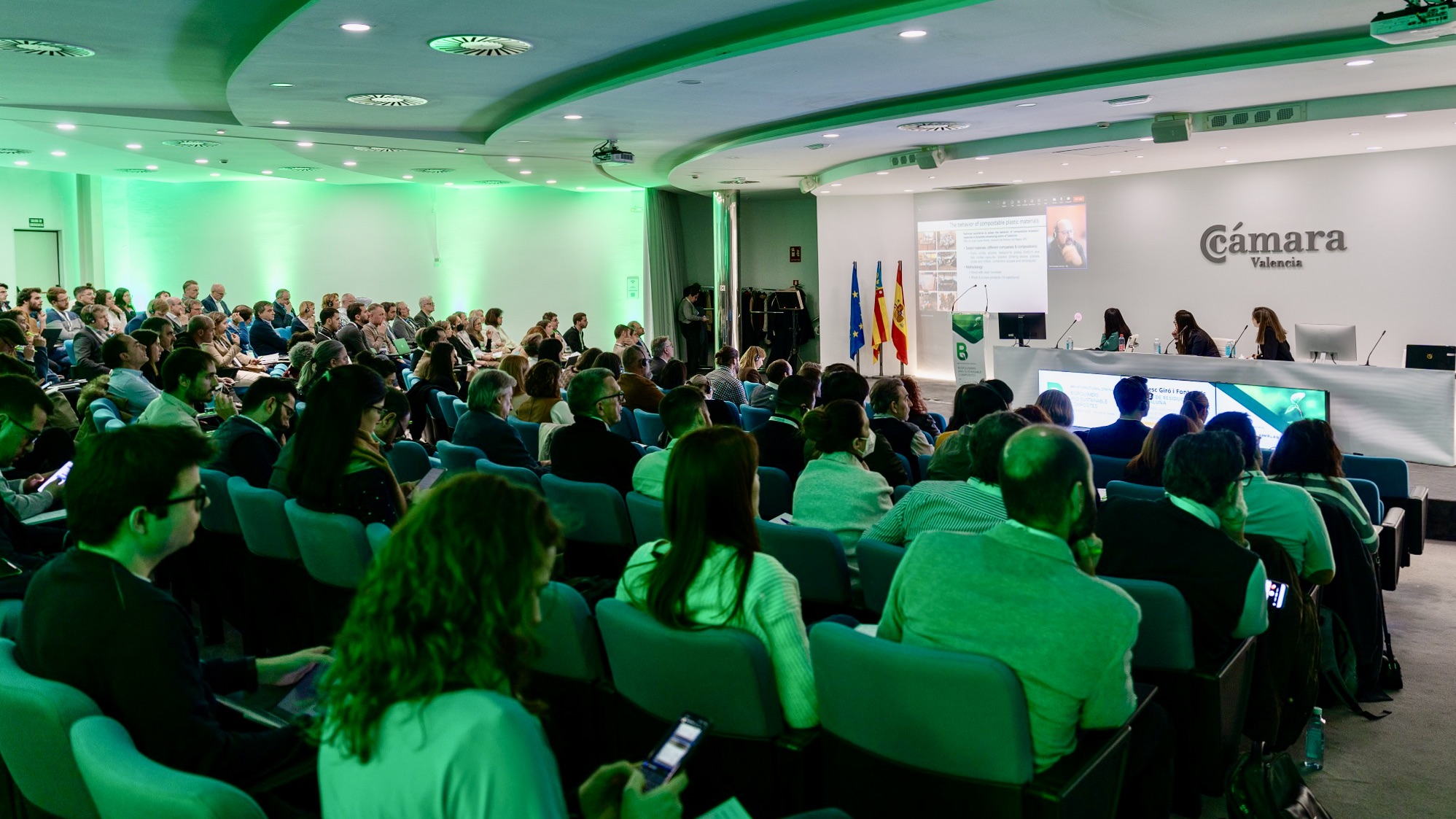Bioplastics production to triple by 2027, reaching 6.3 million tonnes: AIMPLAS conference

Global bioplastics production will triple in the next five years and reach 6.3 million tonnes, compared to 2.2 million tonnes in 2022, according to representatives from European Bioplastics who spoke at the recent AIMPLAS International Seminar on Biopolymers and Sustainable Composites. Around 200 people attended the seminar to discuss this industry’s challenges and opportunities, and also to learn about the industry’s main innovations and success stories.
Worldwide production of bioplastics' applications expected to show the most growth are related to agriculture, which now accounts for 4% of total production but is expected to increase to 5%.
European Commission Representative Theodora Nikolakopoulou highlighted Europe’s concern for protecting farmland and said that from July 2026 it will be mandatory for all controlled-action fertilizers marketed in Europe to be biodegradable. Elena Domínguez, an agricultural researcher at AIMPLAS and technical coordinator of the seminar, explained how AIMPLAS is advising the European Commission about the criteria that these kinds of applications should meet to guarantee their status as biodegradable products.
Jordi Simón, from Asobiocom, described compostable applications and highlighted the importance of restricting their use to applications in which bioplastics contribute value, maintain product functionality and provide end-of-life-related benefits by improving sustainability and reducing environmental impact.
Innovations and Success Stories
Companies along the entire value chain demonstrated their innovations in materials and products at the seminar. Participants gained firsthand knowledge on everything from additives that improve biopolymer processability and compatibility to water bottles made of recycled PLA that have the same properties and quality as virgin material. They even saw pyrotechnic devices for air shows made of bioplastic by blown-film extrusion and a whole range of compostable containers, closures and bottles that can be processed by conventional machinery and have the same properties as traditional plastics.
AIMPLAS also presented the results of some of its projects for the packaging industry, such as biodegradable barrier packaging from food waste, plastic film obtained from coffee waste, active packaging to extend the shelf life of cheese made from cheese industry waste, and cartridges for 3D food printing. For the agricultural sector, AIMPLAS presented natural paints to control citrus mealybug infestations in the field and foams for hydroponic crops made from poultry industry feather waste, as well as a compostable cardboard-like product made from the waste from pruning and pressing the vine crop.